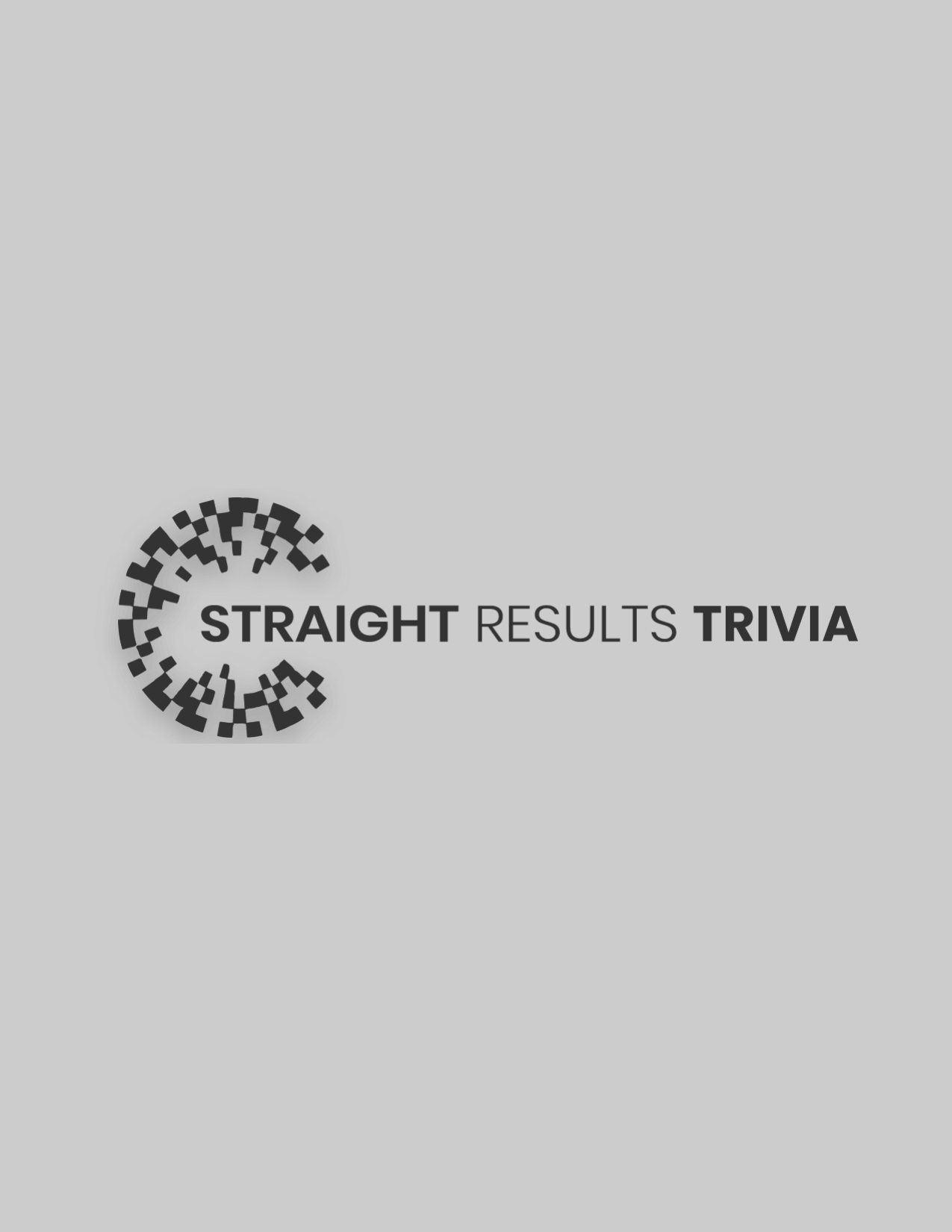The term ‘business strategy’ refers to a plan of measures to be taken to accomplish business goals in the long run. Having the right strategy in place will make it easy to measure the direction in which your business is going. It’s not surprising that top senior executives with experience regard it as an important component for every business to succeed.
You may choose any business strategy from the numerous kinds of strategies out there. However, choosing the best business strategy is something that requires careful consideration of many different factors. The best strategy is one that fits the structure, requirements, and capabilities of an organization. Let’s discuss the following matters here.
- The main schools of thought about business strategy
- The reason for the failure for a number of companies in spite of having what appeared to be the best business strategies.
- Ways to choose the right business strategy
A Set of Ideas about Business Strategy
A large number of schools of thought about business strategy exist. That is because businessmen and women seek efficient and appropriate planning and the majority of business strategies come from forerunners in various fields. So, there is no easier way to categorize the schools of thoughts than to consider the most important aspects which these pay particular attention to. A few examples are as follows.
Experimentation
Initially, carefully test strategies on a micro level before you put money and time into your business or take more risk than required.
Scaling
Discover the service or product working on the market, and then increase the number of that offering.
Investment
To generate extra value, invest more money and effort in business.
Minimum Viable Product
Deliver your goods to a select number of customers as before time and frequently as you can, to quickly test their performance and obtain their response.
Diversification
Always try to discover the existence of markets and keep exploring places that you can get into.
Information Superiority
This refers to the advantage you have gained from your capability to gather, process and spread information without interruption while taking advantage of or denying the same capability of a competitor. Make practical and effective use of this advantage. For example, use it to find out a requirement, which the market is yet to fulfill and customers are yet to actively seek. Many such needs are hidden in the market, and it is only when a product or service is launched that customers even realize that these exist.
Social Capital
Increase your connections between those who have a concern in your offerings, such as customers, workers, partners and more.
Why Strategies That Seem Flawless Do Not Work
There are a large number of plans of action to pick from, but in spite of using seemingly perfect ones, some businesses end up failing. Ever wondered why this is the case? Usually, this happens because implementing such strategies is not possible or simply not worth it. Here are some mistakes to avoid while you select a business strategy.
- Usually, the one which business owners choose is not even a strategy worth implementing. This happens particularly when they attempt to produce a business strategy, without seeking an expert’s help. As a result, business owners get strategies that have no practical value, and that are utopian.
- One more situation is a business “strategy” ending up being essentially just objectives. This just specifies that business plans on accomplishing, such as “improve operational productivity”, and does not provide any clear plan on ways to accomplish that.
- Then there are businesses that do not achieve success in another department. These businesses specify two priorities, which barely add up to one coherent strategy.
- It may be argued that the most annoying situation is this one. You build up a competent plan of action that is likely to be successful, but fail to write it down in a way that it can be understood, acted on, and conveyed to everyone who has interest in your business.
How to Choose the Right Strategy
To get a plan of action which fits your company the best, you have to do an in-depth study of both your business and the most important components of it.
- Define Your Long-Term Objectives
You must find out your goals before selecting a plan of action. Is it a must for you to boost sales as soon as possible or hold onto your market position? You have to set not just specific goals, but also those that can be measured.
- Identify Your Present Business Situation
Examine the previous record and every part of your business.You need to find out three things: present opportunities, the factors that are causing your business success or hindering it. Analyze the strength, weaknesses, opportunities and threats of your business.
- Define the Vision
On the basis of what you wish to achieve in the long run, outline the future path, values, and purpose of your company.
- Define the Mission
The vision is a mental picture of the position you wish your company to reach in the future, and mission describes the purpose of its existence. It is serving that purpose for a long, sustained period time that will help you reach that future position. Take a detailed look at the target customer base and rivals of your business, and determine its value proposition.
When you determine all the above, you will have a better idea about what plan of action is best suited for it.














